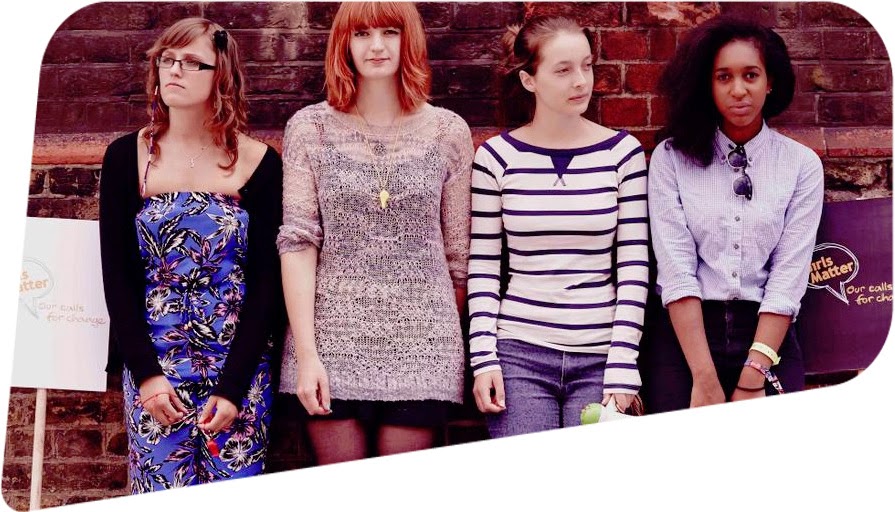 |
| http://letteradonna.it/163772/stile-jackie-kennedy/ |
The last of my family has been packed off back to their homes armed with left overs and new Christmas sweaters. The dishwasher labours yet again through the last of the family holiday meals. My thoughts are starting to turn to to the return to work. Every year I soften the blow by browsing the sales. Fashion columnists are all telling me to 'invest in a classic coat', but there's only one thing I'm searching for before the new work 'term' kicks off in earnest. And that's a great new hat.
I became a convert to hats a few years ago. At the airport heading to Moscow in snowy November, I realised I had nothing to keep my head warm on arrival. A Muscovite fur felt too Dr Zhivago, so I invested in a practical plain cream beret. I was completely converted to the idea of keeping warm, looking smart and and protecting my hair from a light drizzle or stiff breeze.
Of course this is not a new discovery. Hats were de rigeur until about thirty years ago. Who could imagine Jackie O without the trademark pillbox? But sometime in the mid 1970s they fell out of fashion. The only headgear featuring in my childhood was my mother's Mrs T-style headscarf worn to protect a blow dry after the weekly trip to the salon.
I soon branched out to a fedora which had the same effect as sunglasses. Almost everything looks better with it and you look instantly pulled together. For a couple of years I admit to being something of an oddity. But to my delight, over the past couple of years, hats have undergone a major resurgence.
 |
| Hats for all ages |
Whatever the cause, hats are back for women - and men - of all ages. After much experimentation I've settled on two styles for work. Firstly - that beret. Available in lots of colours to match different outfits, they are particularly good on windy days and are small enough to fit in your handbag.
 Secondly a fedora (Mossy's favourite) - or it's smaller cousin the
trilby. The primary difference here is the size of the brim and the
height of the crown. Try several variations to find the combination
that suits your face shape and hair. There are huge amounts of different
colours and types in the High Street and they won't cost a fortune.
These won't fit in your bag and, like umbrellas, you need to remember to
pick them up in restaurants. But they win hands down in the impact
stakes.
Secondly a fedora (Mossy's favourite) - or it's smaller cousin the
trilby. The primary difference here is the size of the brim and the
height of the crown. Try several variations to find the combination
that suits your face shape and hair. There are huge amounts of different
colours and types in the High Street and they won't cost a fortune.
These won't fit in your bag and, like umbrellas, you need to remember to
pick them up in restaurants. But they win hands down in the impact
stakes. Happy hunting.
























